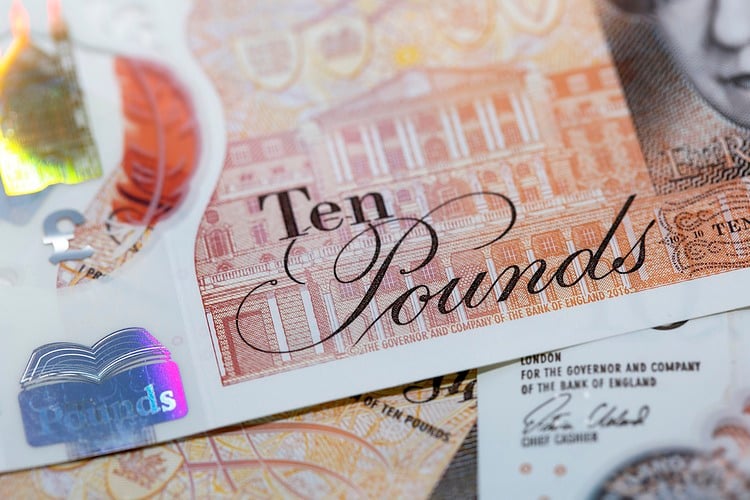Publish date:
Wall Street is no place to go looking for thrills.
Jim Cramer wants nothing to do with an irrational exuberance mindset when it comes to picking stocks.
To Cramer, boring is beautiful on Wall Street – and profitable, too.
“Some people want excitement out of stock market investing,” Cramer wrote recently on Real Money. “They’re the thrill seekers, especially those who use options to speculate on stocks. Some view stocks as zero-sum, a whole cohort of ill-advised people who view stocks as zero-sum games and seem to care as much about their winning as much as you losing.”
The same people view stocks that go higher as “sticking it to the man,” Cramer noted. “Not that we even know who the man is, although I often find out that it’s me.”
Cramer wants no part of that mindset.” I want boring,” he said. “That’s right, no surprises, no craziness, no win-lose, just boring.”
Winning with a dull investment philosophy is easier said than done, however. Cramer pointed out a recent note from Oppenheimer that “downgraded the stock of Morgan Stanley (MS) – Get Morgan Stanley (MS) Report, one of my favorite companies, in a piece entitled “Boring but Lucrative, Downgrading Morgan Stanley as It Nears Price Target.”
Cramer noted the piece itself didn’t denigrate Morgan Stanley for its lack of action. Instead, it focuses on the run that it has had, which has been magnificent, up 45%. It also gives the bank praise for credit quality improvement and good merger-and-acquisition success.
What the piece doesn’t get is that the banking business has long been a total roller coaster. “You have great quarters and bad quarters,” Cramer said. “You have episodic gains like Goldman Sachs GS. You have horrendous fines and penalties the way Wells Fargo WFC has experienced. You have government intervention and you have tons of metrics that can trip up a bank, particularly an investment bank.”
In 2010, James Gorman took over Morgan Stanley, one of the wilder roller coasters. Gorman gradually turned it into a prosaic bank that stopped getting in trouble and started making great money.
Cramer said a “no-surprise” bank is worth a heck of a lot more money than one full of surprises and people should have to pay a lot more for its stock than it does for its former cohort. “The fact that it doesn’t is what allows it to shine and trade at a much higher valuation,” he said.
“I look for companies that don’t surprise except to the upside on earnings and otherwise put you to sleep every night with their lack of anything that you need to suddenly worry about,” he said.
Get more trading strategies and investing insights from the contributors on Real Money.
Note: This article have been indexed to our site. We do not claim ownership or copyright of any of the content above. To see the article at original source Click Here












